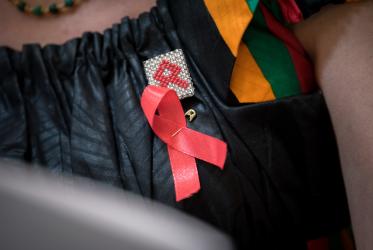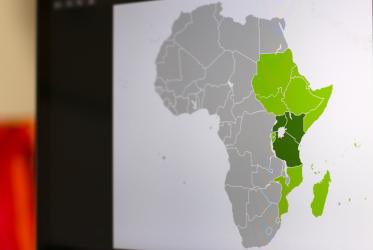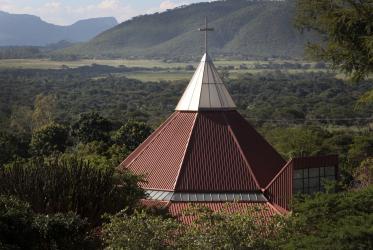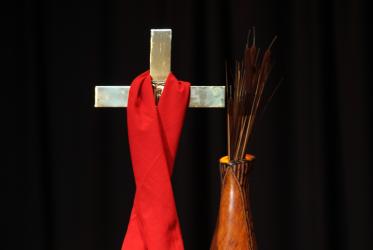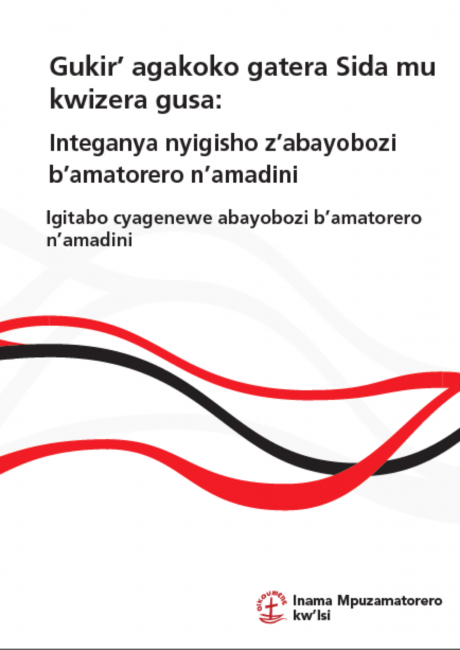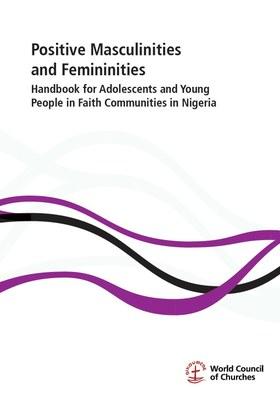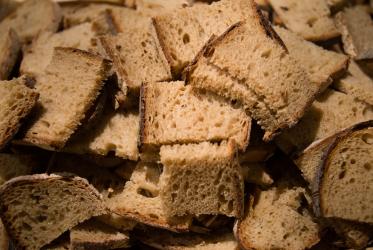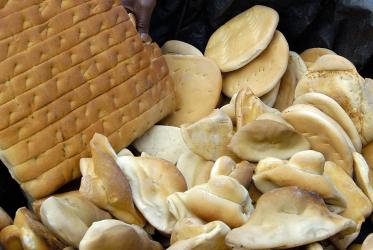Displaying 121 - 140 of 460
Treatment Adherence and Faith Healing in the Context of HIV and AIDS in Africa
Training Manual for Religious Leaders
25 October 2020
WCC mourns passing of Hendrew Lusey-Gekawaku
23 October 2020
Applications open for WCC Eco-School
22 October 2020
Positive Masculinities and Femininities
Handbook for Adolescents and Young People in Faith Communities in Nigeria
19 October 2020
On World Food Day, “we pray for wisdom to care for the earth”
16 October 2020
Healing Together
A Facilitator’s Resource for Ecumenical Faith and Community-Based Counselling
15 October 2020
